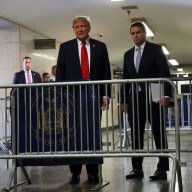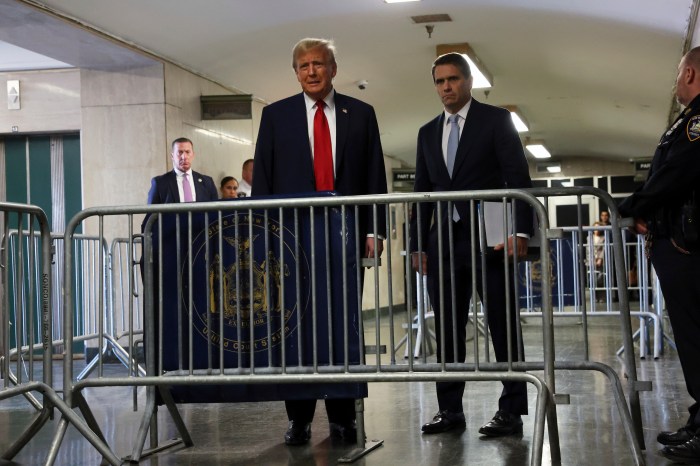By Gertrude Chavez-Dreyfuss
NEW YORK (Reuters) – U.S.-based financial innovation start-up R3, along with 12 global banks, have completed the test of a cross-border payment system powered by blockchain technology and developed by financial technology company Ripple. Ripple, a U.S.-based provider of blockchain-based banking payments technology, said in a statement on Thursday that R3 and 12 of its member banks used Ripple’s XRP currency in a cross-border transaction to enhance liquidity in real time, creating savings as much as 60 percent of the liquidity cost in cross-border payments. R3 is leading a consortium of more than 60 of the world’s largest financial institutions created to develop commercial applications of blockchain technology for the financial services industry. Banks involved in the trial include Barclays, BMO Financial Group, CIBC, Intesa Sanpaolo, Macquarie Group, National Australia Bank, Natixis, Nordea, Royal Bank of Canada (RBC), Santander, Scotiabank, and Westpac Banking Corp. In cross-border transactions, banks typically provide liquidity for payments by holding various currencies in local or correspondent bank accounts around the world, known as “nostro accounts.” Holding various currencies across many accounts is costly, Ripple said, because banks have to fund those accounts. “The exercise we did with R3 is to show to a group of banks in a controlled environment how XRP can be used by financial institutions to rebalance their liquidity positions all over the world,” said Nilesh Dusane, vice president for client relations at Ripple in an interview with Reuters. In the cross-border test, banks used the XRP currency to form part of the liquidity needed in nostro accounts, instead of the actual currencies needed for the payment. Ripple’s XRP can be converted into traditional currencies. The trial demonstrated that Ripple’s technology could enable banks to make markets for fiat currencies such as dollars and euros using XRP and then complete authenticated payments in real time without multiple “nostro” accounts. “Because of the real-time nature of the transaction, a bank making cross-border payments can do this instantly instead of figuring out where the collateral would come from or blocking up collateral that they may not need,” Dusane said. Ripple’s XRP currency is currently being traded in digital asset exchanges around the world. One XRP was equivalent to $0.0087 mid-morning on Thursday, according to coinmarketcap.com. Volume over the last 24 hours was about $6 million. Blockchain technology powers the digital currency bitcoin, enabling data sharing across a network of individual computers. It has gained immense popularity because it can record and track assets across practically all industries. (Editing by Steve Orlofsky)

















